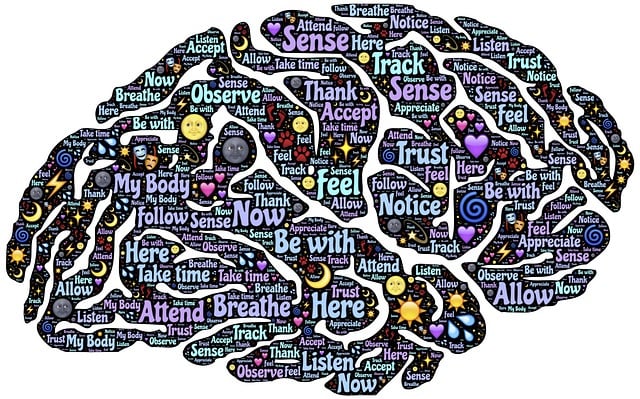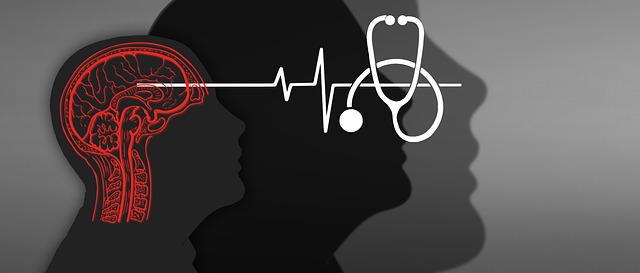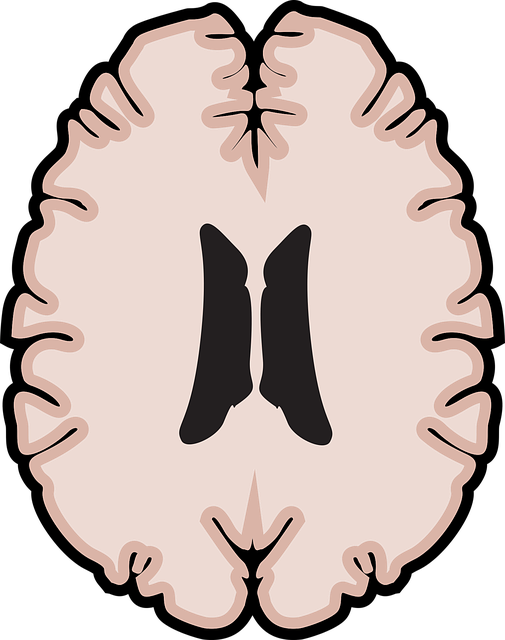Cultural competency is crucial in healthcare, especially in diverse communities like Aurora, where patients may have unique linguistic needs, such as those from French-speaking backgrounds. Aurora French Speaking Therapy offers a specialized cultural competency program for mental health professionals, enhancing their ability to provide culturally sensitive care through evidence-based approaches, communication skills training, and risk assessment tools. This holistic approach enables therapists to create inclusive environments, promote emotional well-being, and manage stress, ultimately improving patient interactions and care quality. Measuring success through robust evaluation strategies drives continuous improvement in cultural competency training programs, ensuring equitable care for all patients.
In today’s diverse healthcare landscape, cultural competency is essential. Understanding and addressing cultural differences can improve patient outcomes and enhance care quality. This article explores the critical need for training programs like Aurora French Speaking Therapy, which specializes in catering to Francophone communities. We delve into key components of effective cultural competency initiatives, implementation strategies for healthcare organizations, and measurement techniques to ensure continuous improvement.
- Understanding Cultural Competency in Healthcare: The Need for Training
- Aurora French Speaking Therapy: A Specialized Approach
- Key Components of Effective Cultural Competency Programs
- Implementation Strategies for Healthcare Organizations
- Measuring Success and Continuous Improvement in Cultural Competency Training
Understanding Cultural Competency in Healthcare: The Need for Training

Cultural competency is an essential aspect of providing quality healthcare that respects and meets the unique needs of diverse patient populations. In today’s multicultural society, healthcare providers interact with patients from various ethnic, cultural, linguistic, and religious backgrounds. This presents a significant challenge, as effective communication and understanding are crucial for accurate diagnoses and successful treatment plans.
For instance, in Aurora, French-speaking communities may face barriers to accessing healthcare services due to language differences. This is where specialized training becomes vital, equipping healthcare providers with the necessary tools to navigate these complex situations. Training programs, such as those offering French speaking therapy support, can enhance communication strategies and foster an environment of mindfulness meditation, allowing providers to be more sensitive and responsive to cultural nuances. The ultimate goal is to ensure equitable care for all patients, regardless of their background.
Aurora French Speaking Therapy: A Specialized Approach

Aurora French Speaking Therapy offers a specialized approach to cultural competency training, focusing on the unique needs and challenges faced by mental health professionals working with French-speaking communities. This program is designed to enhance therapists’ ability to provide effective and culturally sensitive care. By employing Evidence-Based Practices tailored for this demographic, professionals gain tools to support emotional well-being promotion techniques and mood management strategies.
The therapy’s comprehensive curriculum covers crucial topics such as understanding cultural nuances, improving communication skills, and conducting thorough risk assessments specific to mental health practices when working with French-speaking individuals. This specialized training empowers therapists to create a safe and inclusive environment, fostering stronger connections with clients while ensuring culturally appropriate care throughout the therapeutic process.
Key Components of Effective Cultural Competency Programs

Effective cultural competency programs in healthcare settings are multifaceted and crucial for delivering quality care to a diverse range of patients. At Aurora French Speaking Therapy, we recognize that understanding cultural nuances is not just a preference but a necessity. These programs should incorporate several key components to ensure their success.
Firstly, they must provide comprehensive training on cultural awareness, encouraging professionals to question their own biases and preconceptions. This involves exploring various cultural perspectives, traditions, and beliefs that may influence patient experiences and interactions. Additionally, practical skills development is essential, focusing on communication strategies tailored to different cultural backgrounds. Incorporating Mind Over Matter Principles can empower healthcare providers to manage stress and anxiety effectively, thereby enhancing their ability to offer empathetic care. Regular Stress Management Workshops Organization-led sessions could teach techniques for handling challenging situations and promoting Anxiety Relief, fostering a safe and supportive environment for both patients and practitioners.
Implementation Strategies for Healthcare Organizations

Healthcare organizations play a pivotal role in fostering cultural competency among their staff, especially when serving diverse communities. One effective strategy is to integrate language services, such as Aurora French Speaking Therapy, into their operations. This ensures that patients from French-speaking backgrounds receive care tailored to their linguistic and cultural needs, promoting better patient satisfaction and outcomes.
Additionally, implementing regular training sessions on mental wellness journaling exercises and self-care practices can empower healthcare professionals to address the unique challenges faced by diverse populations. By incorporating these initiatives, organizations contribute to enhanced mental health awareness and overall well-being within their workforce. This holistic approach not only improves employee resilience but also translates into better patient interactions and care quality.
Measuring Success and Continuous Improvement in Cultural Competency Training

Measuring success and driving continuous improvement are vital components of any effective cultural competency training program, including those offered by Aurora French Speaking Therapy. To gauge progress, it’s essential to implement robust evaluation strategies that go beyond mere participant satisfaction surveys. These could include pre- and post-training assessments to track knowledge gain and attitude shifts related to cultural competence. For instance, using validated tools like the Cultural Competence Attitude Scale (CCAS) can help quantify changes in providers’ beliefs and behaviors.
Additionally, collecting qualitative feedback through focus groups or one-on-one interviews allows for deeper insights into participants’ experiences. By examining both quantitative and qualitative data, organizations like Aurora French Speaking Therapy can identify areas of strength and weakness within their training programs, ensuring continuous refinement to meet the evolving needs of healthcare providers. This iterative process fosters a culture of learning and adaptation, ultimately enhancing the quality of care delivered to diverse patient populations.
Healthcare organizations can significantly enhance patient care and outcomes by integrating cultural competency training, such as the specialized approach offered by Aurora French Speaking Therapy. By understanding diverse cultural needs, healthcare providers can create inclusive environments that foster trust and respect. Effective programs, like those discussed in this article, should include key components like cultural awareness education, community engagement, and regular evaluation. Implementing these strategies not only improves patient satisfaction but also ensures healthcare services are tailored to meet the unique needs of diverse populations. Continuously measuring success and seeking improvement opportunities through feedback loops are essential for long-term cultural competency excellence.














